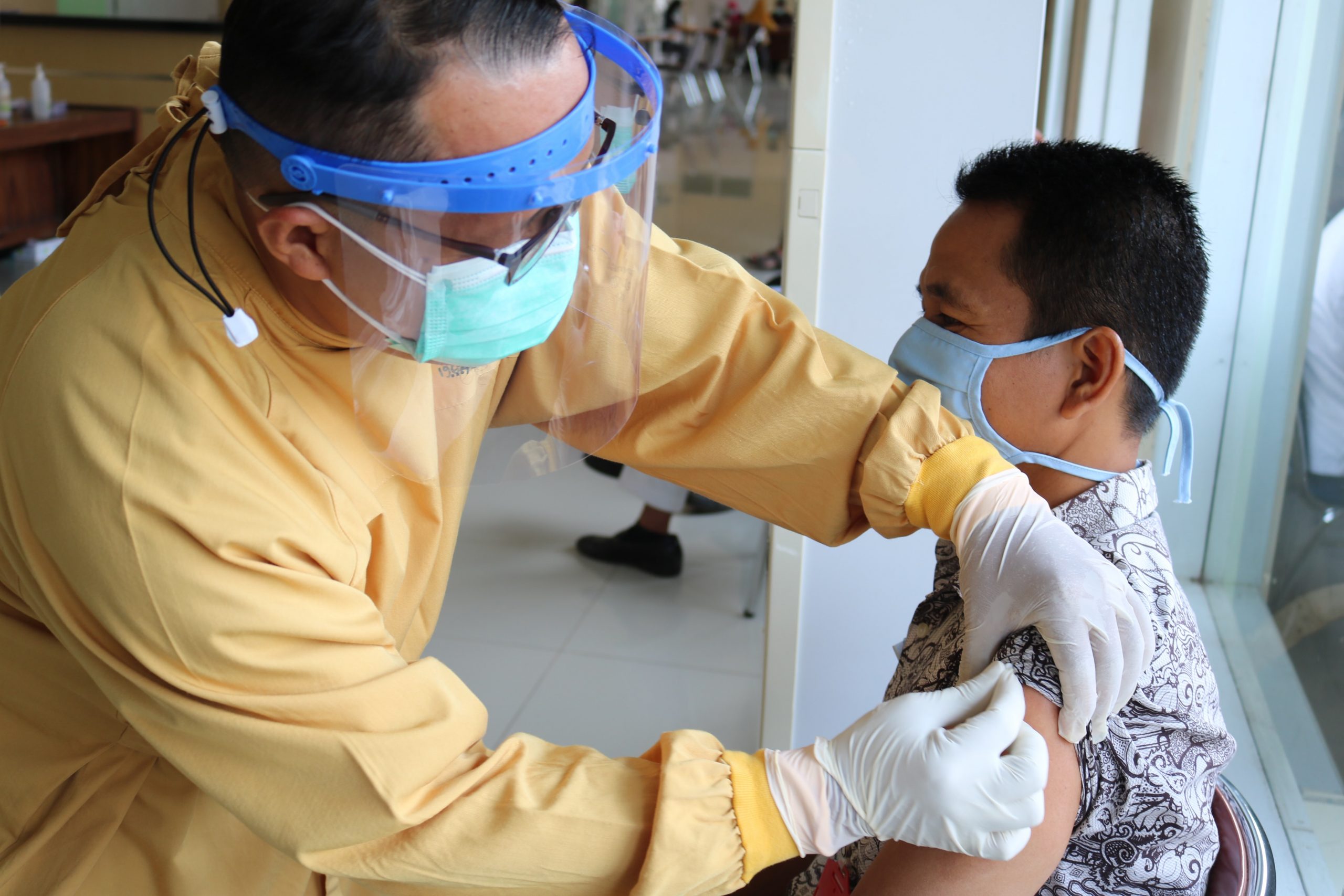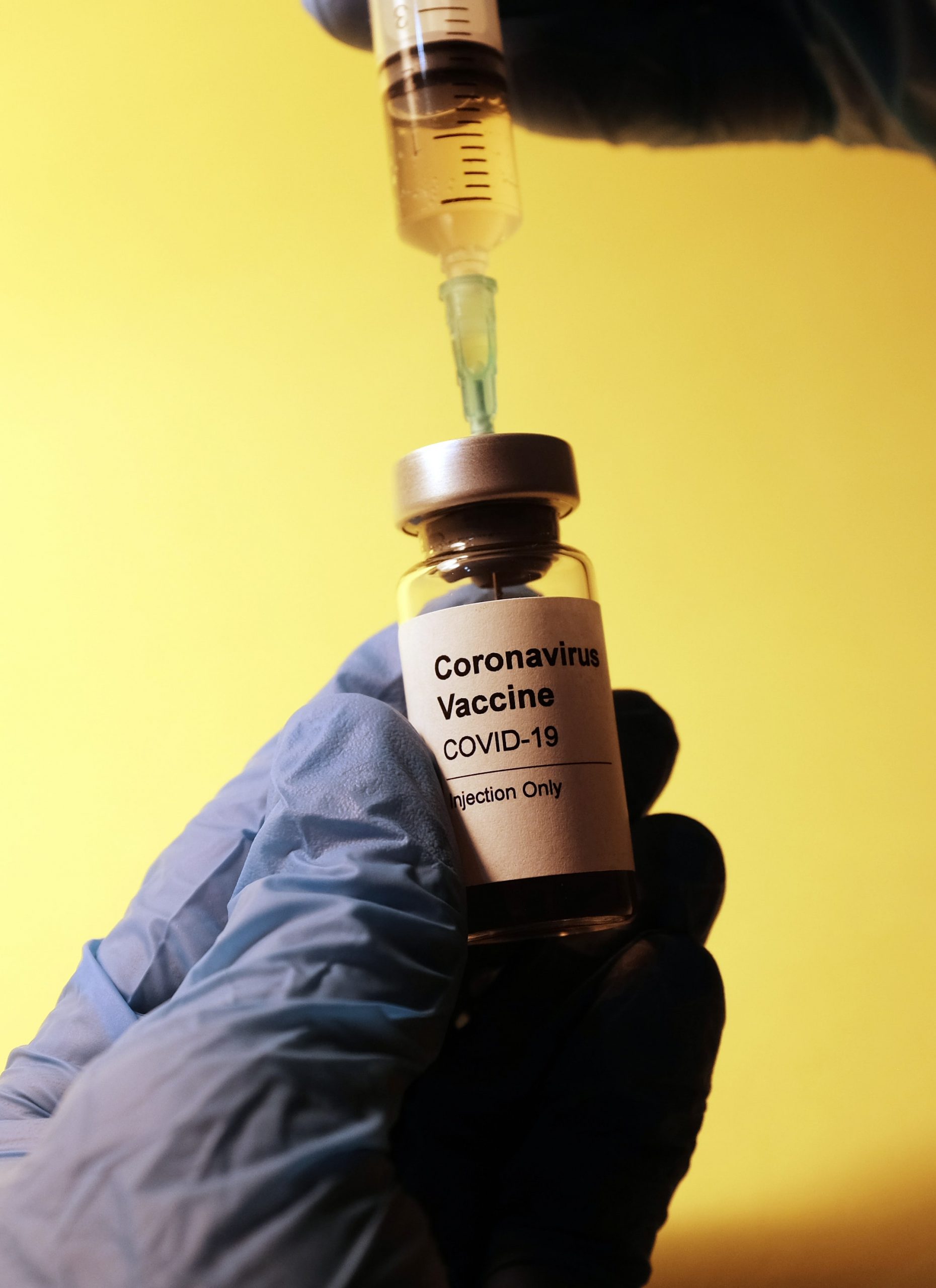In this blog post we share with you the latest news for medical examinations filed by green card applicants.
Today, December 9, 2021, the U.S. Citizenship and Immigration Services announced that it is temporarily waiving the requirement that civil surgeons sign Form I-693, Report of Medical Examination and Vaccination Record, no more than 60 days before an applicant files an application for the underlying immigration benefit (including Form I-485, Application to Register Permanent Residence or Adjust Status). This temporary policy change will be in effect until September 30, 2022.
Why the change?
USCIS has stated that it is offering this “temporary waiver” to help applicants who have been adversely affected by the COVID-19 pandemic and related processing delays brought about by the USCIS office closures that occurred in 2020. Ultimately, all these factors have caused applicants to experience delays in completing the immigration medical examination known as Form I-693, Report of Medical Examination and Vaccination Record.
The service has said that this new change will allow applicants to submit their underlying application for an immigration benefit (I-485 green card application) with a completed Form I-693, even if the civil surgeon signed the medical examination more than 60 days prior. Such applicants will no longer need to undergo another immigration medical examination provided the completed Form I-693 is otherwise valid.
Who will benefit?
The temporary waiver will benefit all applicants applying for adjustment of status to become lawful permanent residents, including Afghan nationals evacuated under Operation Allies Welcome who have completed immigration medical examinations at government-run facilities who were not able to apply for adjustment of status within 60 days of the completed examination. Form I-693 is a required form to establish that green card applicants are not inadmissible to the United States on public health grounds. The medical examination must be conducted by a designated USCIS civil surgeon. To find a qualified medical office please visit our helpful links below.
 Visa Lawyer Blog
Visa Lawyer Blog









